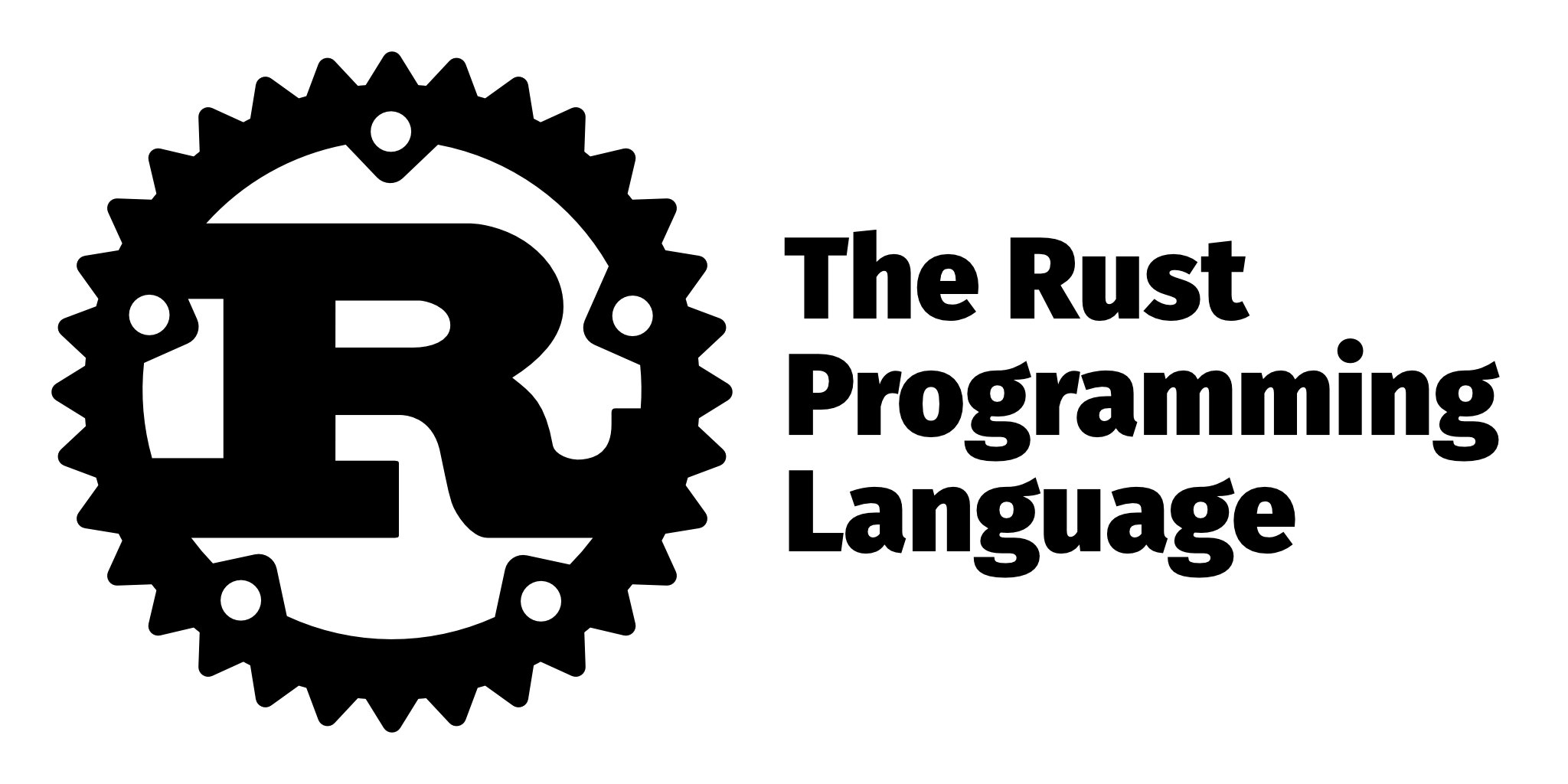In this article will try to explore and understand the importance of the Rust programming language
Introduction:
Rust stands out as a powerful and modern system programming language. Originally developed by Mozilla, Rust has gained widespread popularity for its focus on performance, safety, and concurrency. In this comprehensive guide, we’ll delve into the intricacies of Rust, exploring its features, advantages, and impact on the landscape of software development.
1. Understanding Rust:
Rust’s Origin and Evolution:
Rust was first introduced in 2010 by Mozilla as a project to develop a highly concurrent and safe system programming language. Over the years, it has evolved with contributions from a vibrant open-source community.
Rust’s Design Philosophy:
Rust was designed to address common programming issues such as memory safety, concurrency, and speed. Its syntax and features are crafted to provide low-level control without sacrificing safety, making it an ideal choice for systems programming.
2. Key Features of Rust:
Rust’s Borrow Checker:
One of the standout features of Rust is its borrow checker, a sophisticated system that enforces memory safety without the need for a garbage collector. It tracks the ownership of variables, preventing common issues like null pointer dereferencing and data races.
Concurrency without Data Races:
Rust’s ownership model and borrowing system make it easier to write concurrent code without the risk of data races. This is crucial for developing robust, scalable, and efficient software for modern multi-core processors.
Zero-Cost Abstractions:
Rust enables high-level abstractions without incurring runtime overhead. This “zero-cost abstractions” principle ensures that developers can write code in a convenient and expressive manner without sacrificing performance.
3. Advantages of Rust:
Memory Safety:
Rust eliminates common programming errors such as null pointer dereferences and buffer overflows by enforcing strict ownership and borrowing rules. This results in more reliable and secure software.
Performance:
Rust’s emphasis on low-level control and zero-cost abstractions makes it a high-performance language. It competes with C and C++ in terms of speed, making it suitable for resource-intensive tasks.
Community Support:
Rust boasts a vibrant and active community. With a strong emphasis on collaboration and knowledge-sharing, the Rust community contributes to the language’s evolution and provides ample resources for learning and troubleshooting.
4. Use Cases and Applications:
Rust in Systems Programming:
Rust is well-suited for systems programming tasks where low-level control over hardware is essential. Its memory safety features make it an attractive choice for developing operating systems, device drivers, and embedded systems.
Web Development with Rust:
Rust is increasingly being used for web development, thanks to frameworks like Actix and Rocket. Its performance benefits, combined with a strong emphasis on security, make it a compelling choice for building scalable and secure web applications.
5. Challenges and Limitations:
Learning Curve:
While Rust’s syntax is expressive, its ownership and borrowing concepts can be challenging for developers new to the language. However, the learning curve is often considered a worthwhile investment given the safety and performance benefits.
Limited Ecosystem:
Compared to more established languages like Python or JavaScript, Rust’s ecosystem is still maturing. While it has a growing collection of libraries, it may not have the extensive range found in more established languages.
6. Rust’s Impact on Software Development:
Rust and Security:
The focus on memory safety in Rust has a direct impact on software security. By preventing common vulnerabilities, Rust contributes to the development of more secure software, a critical consideration in today’s threat landscape.
Rust and the Future of Systems Programming:
As more developers recognize the advantages of Rust, it is positioned to play a significant role in the future of systems programming. Its combination of performance, safety, and concurrency features makes it a compelling choice for a wide range of applications.
7. Rust and Cross-Platform Development:
Rust's versatility extends to cross-platform development, making it an excellent choice for projects targeting multiple operating systems. With its ability to generate efficient and platform-independent code, Rust simplifies the complexities of cross-compilation. This feature is particularly valuable for developers working on applications that need to run seamlessly on diverse environments, enhancing Rust's appeal for a broad spectrum of software development scenarios. As cross-platform development continues to gain prominence, Rust's role in this domain is likely to become increasingly significant, further solidifying its position as a language that combines performance and portability.
Conclusion:
In the dynamic landscape of programming languages, Rust stands out as a formidable contender. Its focus on memory safety, performance, and concurrency positions it as a versatile language suitable for a variety of applications. As developers continue to explore the capabilities of Rust and its ecosystem grows, it’s clear that this modern system programming language is here to stay, shaping the future of software development.
References:
The Rust Programming Language. (https://www.rust-lang.org/)
The Rust Programming Language Book. (https://doc.rust-lang.org/book/)
Rust Reddit Community. (https://www.reddit.com/r/rust/)
